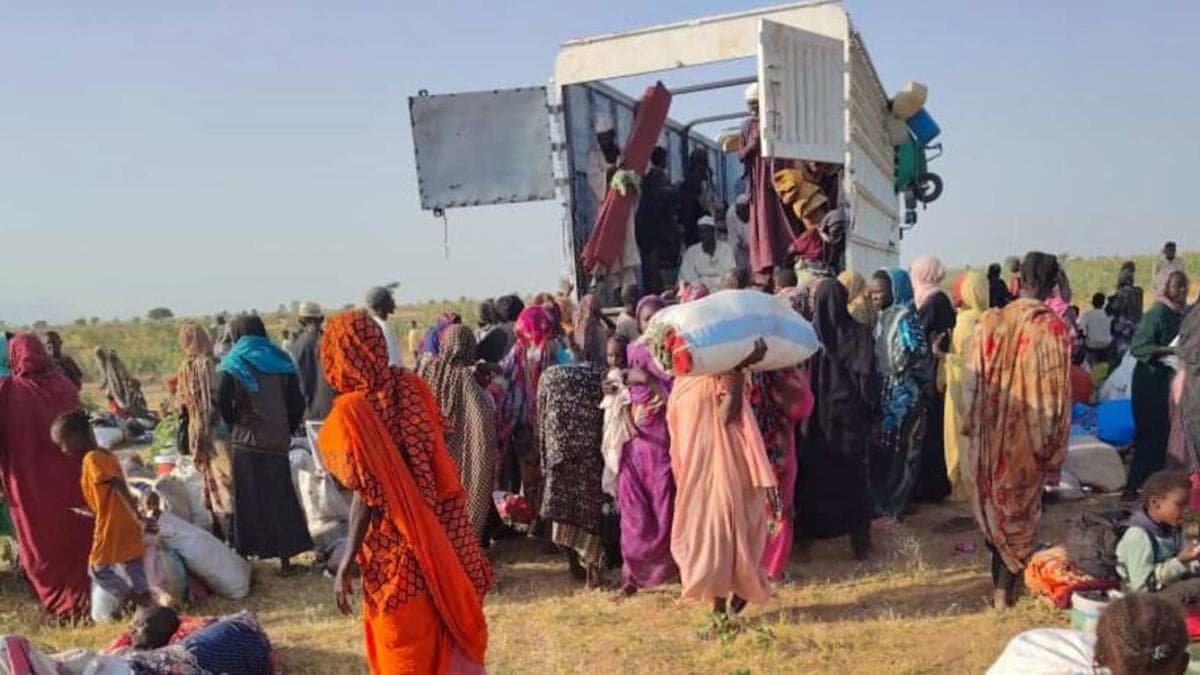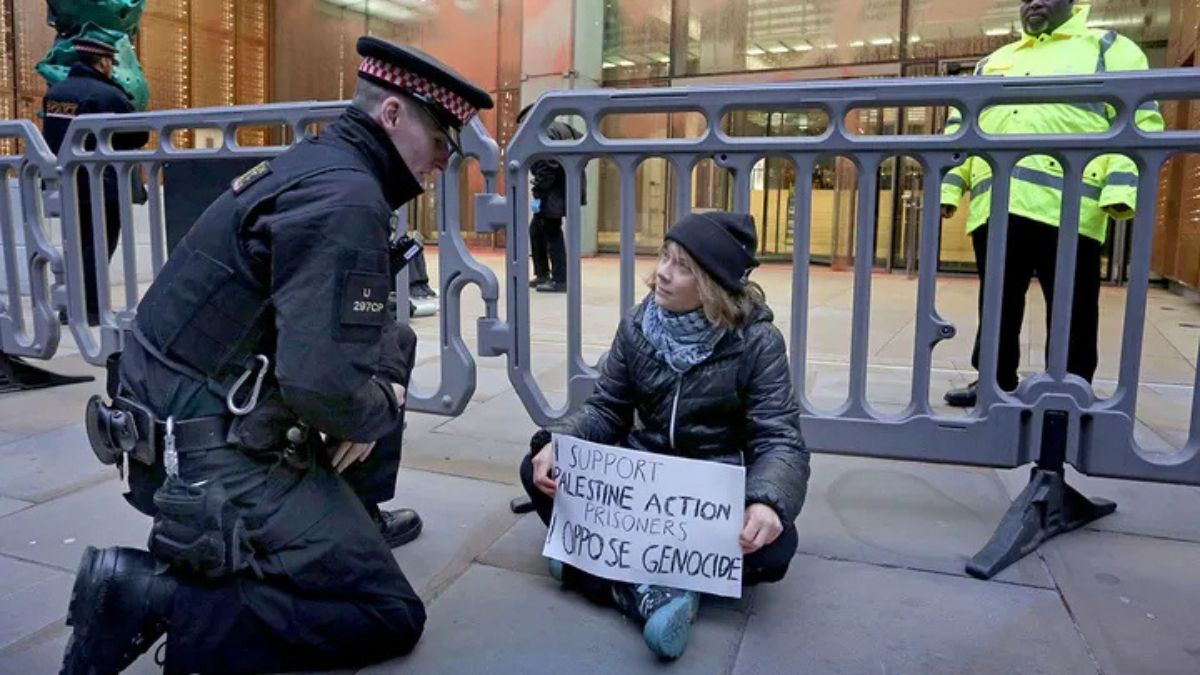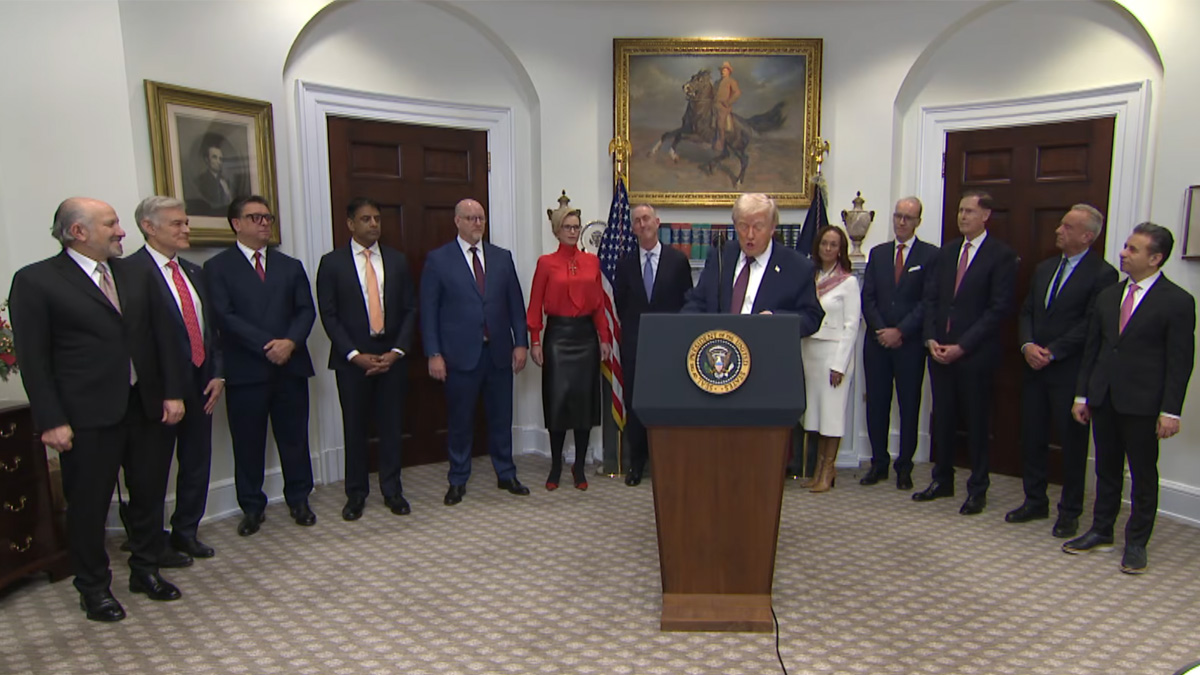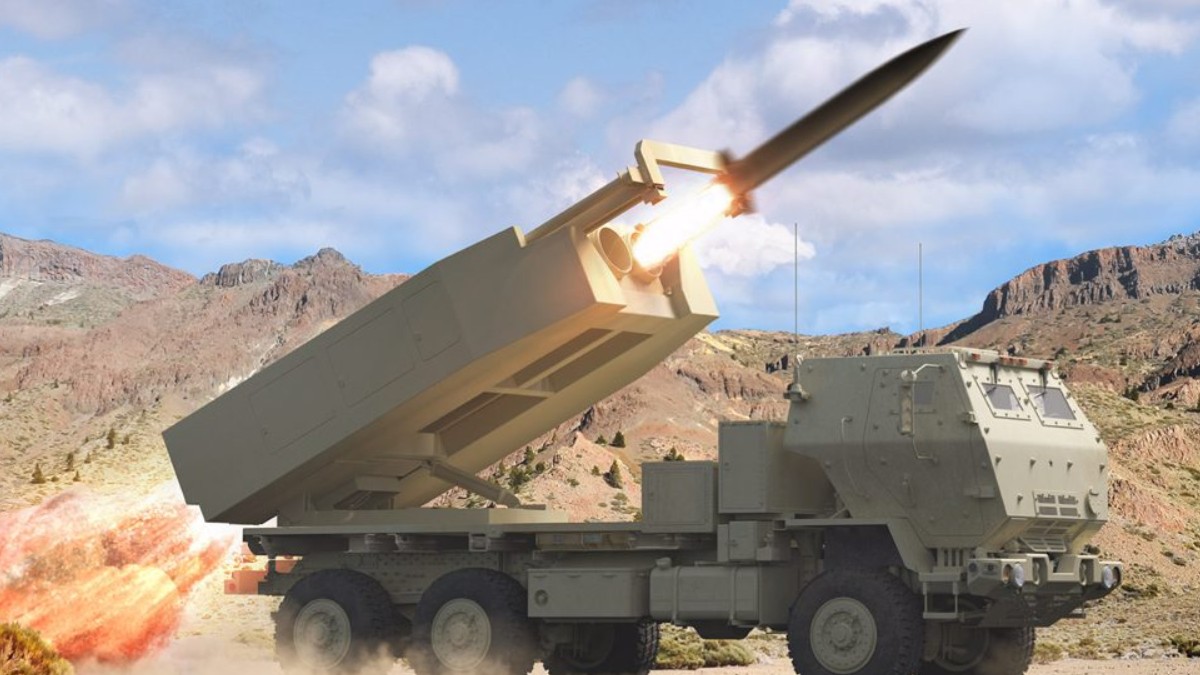UN welcomes aid supply talks with Sudan army as humanitarian crisis deepens
The United Nations has welcomed talks with Sudan’s army leadership as a “constructive step” toward improving humanitarian access in a war that has displaced millions and pushed the country to the edge of famine.

- The UN’s humanitarian chief, Tom Fletcher, met Sudan’s army leader, General Abdel Fattah al-Burhan, in Port Sudan to discuss expanding aid delivery across the conflict-torn country.
- The United Nations described the talks as “constructive”, calling them an essential step toward unblocking relief access to areas long cut off by fighting between the SAF and the RSF.
- Humanitarian operations in Sudan are on the brink of collapse, with over 10 million people displaced and widespread food insecurity.
The United Nations announced it had held high-level discussions with Sudan’s military leadership aimed at restoring humanitarian corridors and enabling aid to reach millions trapped in the country’s conflict zones.
UN humanitarian coordinator Tom Fletcher met General Abdel Fattah al-Burhan, head of the Sudanese Armed Forces and chair of the Transitional Sovereignty Council, in Port Sudan on 9 November 2025.
According to statements from both parties, the talks focused on guaranteeing “safe and sustained humanitarian access” to all affected regions.
Fletcher described the meeting as “constructive and practical”, noting that it opened space for closer operational coordination between UN agencies and the Sudanese government.
“Our goal is to deliver assistance impartially to all people in need — regardless of where they live or who controls the area,” he said, according to Arab News.
Sudan’s worsening humanitarian crisis
Sudan has been mired in conflict since April 2023, when tensions between the Sudanese Armed Forces (SAF) and the paramilitary Rapid Support Forces (RSF) erupted into full-scale war.
The United Nations estimates that more than 10 million people have been displaced internally, and a further 2 million have fled across borders to Chad, Egypt, and South Sudan.
Relief agencies warn that food insecurity is reaching catastrophic levels in some regions, with more than 25 million people — over half the population — needing urgent humanitarian assistance.
“Without immediate access and scaled-up support, Sudan risks facing one of the largest hunger crises in modern history,” said a UN Office for the Coordination of Humanitarian Affairs (OCHA) update published last week.
Aid operations remain severely hindered by active fighting, administrative barriers, and insecurity along transport routes.
According to Reuters, many humanitarian convoys have been looted or blocked, particularly in Darfur and Kordofan.
What the new talks could change
During the Port Sudan discussions, General al-Burhan reportedly assured the UN that the army “supports humanitarian efforts and is ready to facilitate aid access”.
He also expressed willingness to coordinate with the UN’s humanitarian agencies and local partners to accelerate relief distribution.
According to Today RTL, the two sides discussed potential establishment of aid corridors linking Port Sudan to Khartoum and central Sudan, which could allow greater flow of medical supplies, food, and water purification materials.
The UN has been pushing for “deconfliction” mechanisms — local ceasefires or negotiated humanitarian pauses — to allow safe passage for convoys. However, the Rapid Support Forces, which control large parts of western Sudan, were not represented in this round of talks.
Fletcher acknowledged this limitation but said engagement with all parties was ongoing. “Our mission is to save lives, not to take sides,” he told reporters in Port Sudan.
Warnings of operational collapse
The Associated Press reported that aid operations in Sudan are “on the brink of collapse” due to sustained violence and under-funding. The UN’s 2025 Humanitarian Response Plan seeks US$6 billion but remains less than 30 per cent funded.
Many aid agencies have reduced staff or relocated to Port Sudan, leaving vast areas in Darfur and Kordofan with minimal assistance. A recent UN survey found that humanitarian convoys face an average of 11 security checkpoints en route to delivery sites, increasing cost and delay.
“The biggest challenge is not lack of will — it’s lack of access,” said a World Food Programme (WFP) official, noting that more than 2,500 tonnes of relief food are stranded in warehouses due to insecurity.
International reactions and regional dynamics
The UN’s renewed engagement has been welcomed by humanitarian groups and some regional actors.
The African Union issued a statement calling the talks “an encouraging sign of dialogue”, urging both sides to prioritise civilian welfare.
Neighbouring Chad, now host to over 1 million Sudanese refugees, also expressed support for any measure that could stabilise the border regions and ease the refugee influx.
Western governments, including the United States and the United Kingdom, have reiterated calls for unhindered humanitarian access and respect for international humanitarian law. However, analysts caution that without participation from the RSF, efforts could remain geographically limited.








0 Comments